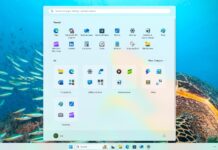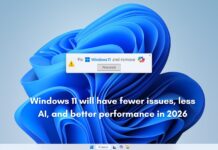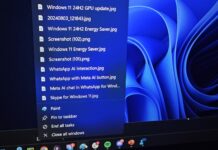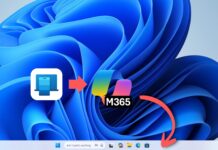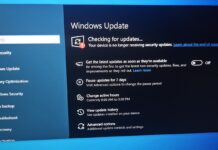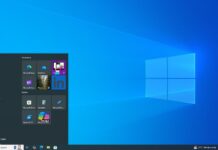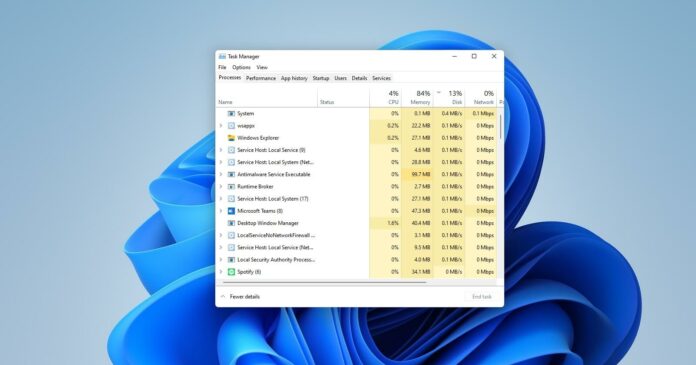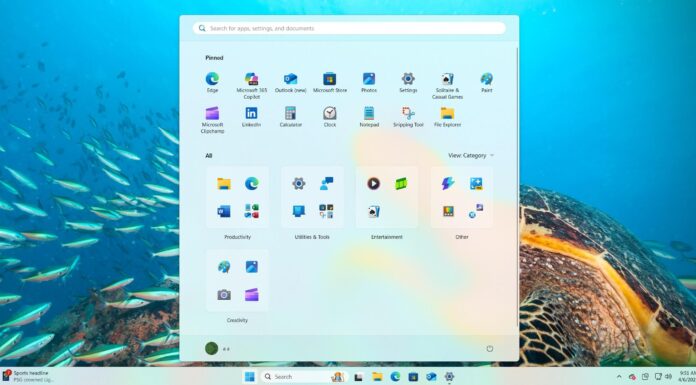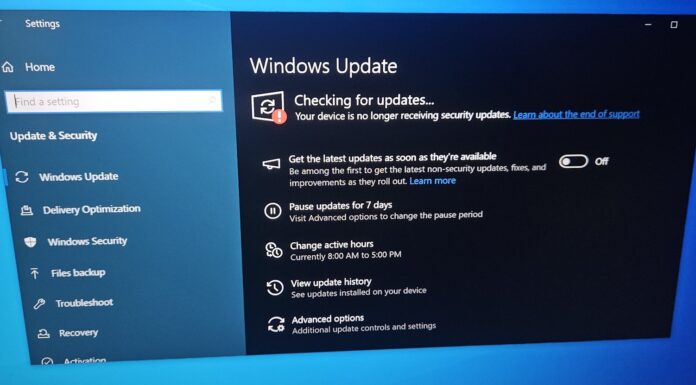Windows 11 is apparently impacting the speed of storage drives (NVMs, SSDs, hard drive) and Microsoft has finally acknowledged it as a new known issue.
Not everyone will be affected by the issues highlighted here, but some users have found that Windows 11 is particularly bad at slowing down various PCs unlike the past Windows 10 feature updates, such as November 2021 Update or May 2021 Update.
Not only Windows 11 is making PCs slower to boot, but some people have also noticed their storage drives offer slower input and output operations per second. Additionally, there’s another bug that could reduce the read and write speeds of the drive running Windows 11.
If you’re affected, your Windows 11 installation could act slightly slower than before. In most cases with a traditional configuration, the speed difference between Windows 11 or Windows 10 won’t be dramatic or even noticeable, but you might experience performance issues when the system drive is being actively used to install large apps or transfer files.
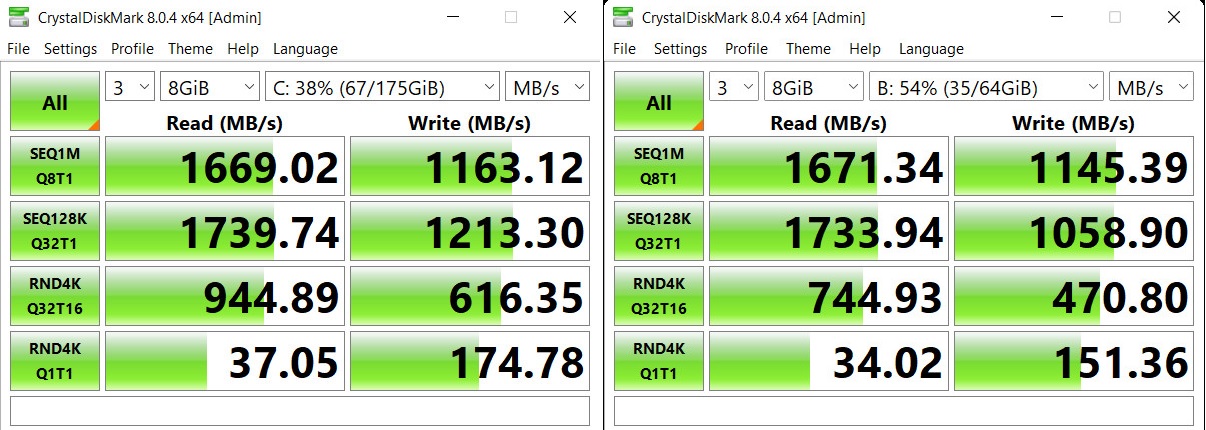
In rare cases, Windows 11 could reduce the write speed of drives by up to 45%. As a result, Windows 11 won’t be able to load up apps or open folders instantly.
The problem is well documented on Feedback Hub, Twitter, Reddit, and Microsoft’s answers forum too.
“I just benchmarked the SSD on Windows 10 and Windows 11. On Windows 10, I am getting 3500MB/s for read operations and 3200MB/s for write. On the other hand, Windows 11’s write speed has dropped to just 900MB/s system,” one user noted.
“Just installed a 1TB 980 SSD, and I can’t reach more than 900 write speed. Read is about 1700-2300. On an older SSD (Plextor) I get better speeds – which fits the SSD spec,” another user added.
Microsoft to fix Windows 11 performance issues
In a support document published on November 22, Microsoft has also acknowledged the issue, first identified in August, and has started testing a fix as part of the optional update (KB5007262) for the operating system.
In a separate statement, Microsoft officials confirmed Windows 11 affects the performance of all disks (NVMe, SSD, hardisk). This happens when the OS performs unnecessary actions in response to write operations. However, it’s important to understand that the bug won’t affect all partitions or drives.
Windows 11 performance issue occurs when a feature called “NTFS USN journal” is enabled. Thankfully, this feature is enabled only on the C: disk by default and the rest of the partitions or drives do not have NTFS USN journal.
Microsoft is working on multiple fixes for Windows 11 performance issues
According to sources familiar with the development, Microsoft is actively investigating multiple issues affecting the performance of Windows 11. For example, a bug in the OS could make File Explorer slower. Likewise, another issue makes right-click menu animation buggy and slow.
Some fixes are already available via Windows Update, but you will need to join the Windows Insider Program to mitigate all problems.
Do you need the latest optional update?
Based on the number of reports, it looks like Windows 11 SSD problem is not widespread and it could be due to the slow adoption of the new operating system.
Microsoft isn’t forcing Windows 11 on users as it did when Windows 10 was announced in 2015. Windows 11 remains optional and it’s currently running on a small percentage of PCs, according to data from third-party networks like AdDuplex.
Regular users may wait for the fix to be included in the Patch Tuesday (security update), which is set to launch on December 14. If you feel your device is slower than before, it is advisable to install the optional update (KB5007262). Optional updates are generally safe and tested/validated by Microsoft.

